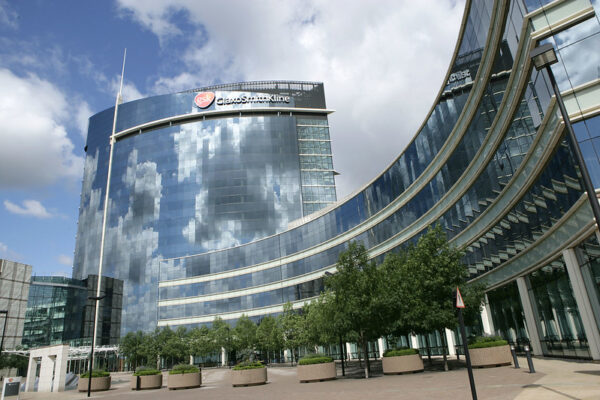
A British drugmaker said it could become the first company on the market with a multiple myeloma drug targeting a protein on the surface of cancer cells that has been the focus of numerous drug-development efforts.
London-based GlaxoSmithKline said Monday that the Food and Drug Administration had granted priority review to its approval application for GSK2857916 (belantamab mafodotin) in relapsed or refractory myeloma. The drug is an antibody-drug conjugate that delivers a cytotoxic pharmaceutical agent to myeloma cells expressing the antigen BCMA. At the J.P. Morgan Healthcare Conference in San Francisco last week, the company said it expects the FDA to reach a decision in the first half of this year, a GSK spokesperson wrote in an email.

Tips for Greater Healthcare Practice Success in 2025
Join us on February 26 at 3 pm ET, and we’ll dive into the key areas where practices are losing time and money and provide solutions to overcome them.
Another BCMA-targeting therapy with potential for early market entry is bluebird bio and Bristol-Myers Squibb’s CAR-T therapy, idecabtagene vicleucel, also known as ide-cel. The FDA is expected to decide whether or not to approve ide-cel by the end of the year, and investment bank analysts anticipate approval based on positive Phase II clinical trial results.
GSK’s application is based on results of the Phase II DREAMM-2 study, which enrolled patients relapsed or refractory after treatment with a proteasome inhibitor, an immunomodulating drug and a monoclonal antibody targeting the antigen CD38, which together form the backbone drug classes used to treat multiple myeloma.
Results from DREAMM-2 published in The Lancet last month showed that among 97 patients receiving the drug at 2.5mg/kg and 99 receiving it at 3.4mg/kg, respectively 31% and 34% achieved a response to therapy. Eye problems and low blood counts were the most commonly reported severe or life-threatening adverse events, and two deaths – one from sepsis and one from overproduction of activated immune cells – that may have been drug-related also occurred.
Although belantamab mafodotin and ide-cel are clearly furthest ahead in development, other BCMA-targeting therapies show how crowded the field could get in the coming years. These include another CAR-T, JNJ-68284528, which Johnson & Johnson in-licensed from Nanjing, China-based Legend Biotech and which has shown promising Phase Ib/II data. Amgen is developing AMG 420, a bi-specific monoclonal antibody that has shown promising Phase I data and that works by targeting BCMA on the surfaces of cancer cells and CD3 on the surfaces of T cells, thus inducing the latter to kill the former. Regeneron Pharmaceuticals presented clinical data in December for a own BCMA-targeting bispecific antibody, as did Celgene, which BMS acquired last year for $74 billion.
Photo: GlaxoSmithKline










